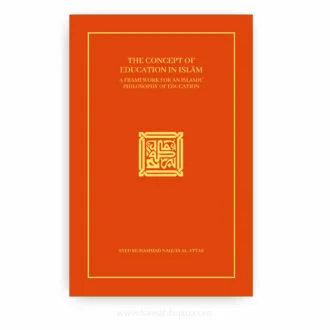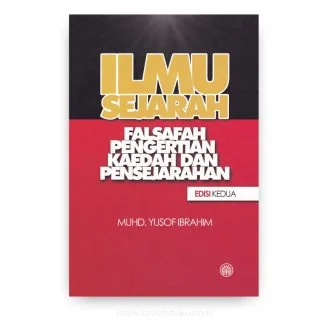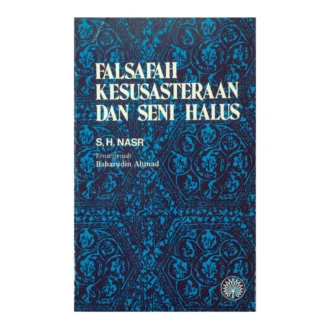Conflict Resolution: Perspectives from Indian Philosophy and Traditions is a compilation of 10 papers delivered in a series of seminars conducted in Kuala Lumpur, Malaysia and Chennai, India. The seminars were organised by the Chennai Philosophical Forum, headed by Prof. Dr. S. Panneerselvam in India. In Malaysia, the seminars were conducted by Associate Prof. Dr. Ravichandran Moorthy of Universiti Kebangsaan Malaysia (UKM) and the Asia Pacific Forum on Ethics and Social Justice. Through these seminars, the papers went through the process of review and refinement. These seminars were made possible with the funding provided by the Faculty of Social Sciences and Humanities, UKM. The chapter writers consist primarily of academics from Indian, Malaysian and Nigerian universities, all of whom have Ph.Ds in philosophy, religion and other disciplines of social sciences.
Conflict Resolution: Perspectives from Indian Philosophy and Traditions is the culmination of an initiative started three years ago in the Asian Bioethics conference circuit. The primary motivation of this book is to present views regarding various facets of ‘conflict solutions‘ from the different traditions in the Indian civilisation end experiences. Being the oldest. the Indian civilisation that developed through thousands of years of human interactions and encounters, offers mankind some of the earliest faith systems, philosophies. and structures of governance which has helped to regulate human civilisation.
The Indian traditions addressed in the book are not limited to the Hindu faith, the chapters include other religions and faith systems that originated from the Indian civilisation. The book also includes thoughts of ancient and modern Indian thinkers. The chapters present discussions on philosophies such Buddhism, Sikhism, Jainism, and social and religious thinkers like Swami Vivekananda, Gandhi and Sri Narayanaguru. There are also chapters that compare the Gandhian non-violence approach to the African traditional conflict resolution methodology, and on Indian value-based education. Indians inherited one of the most diverse societies and has dealt with more issues than other societies. it is hoped that this book will provide a better understanding of conflict resolutions dynamics. especially from the Indian civilisational perspective. The belief systems from Abrahamic traditions are not covered in this book.











Anonymous (store manager) –